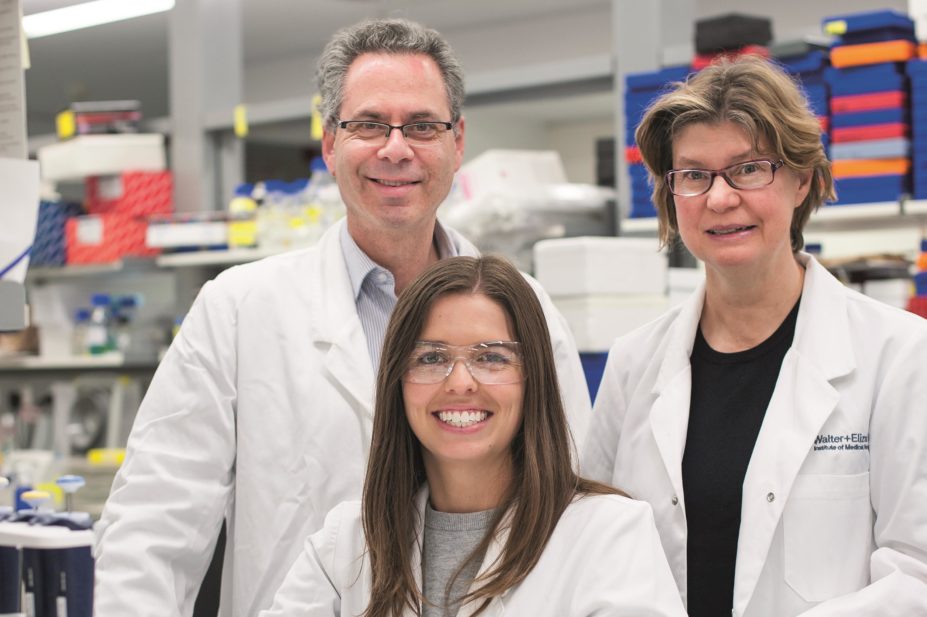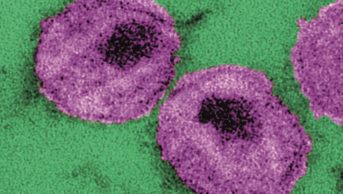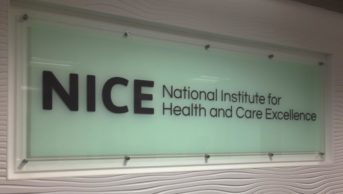
Walter and Eliza Hall Institute, Australia
Women carrying a BRCA1 gene mutation are at high risk of breast cancer. Mastectomy is often used as prevention, making alternative strategies highly desirable.
Reporting in Nature Medicine (online, 20 June 2016)[1]
, researchers in Australia found a cell-signalling pathway involving the receptor activator of nuclear factor kappa-B (RANK) protein increases breast cell proliferation and could be involved in breast tumour formation in women with BRCA1 mutations.
Blocking RANK ligand with denosumab, normally used to treat cancer-related bone problems or osteoporosis, reduced proliferation of breast cells grown in the laboratory and also in biopsies taken from women with BRCA1 mutations after treatment with denosumab. Furthermore, a RANK ligand inhibitor reduced formation of breast tumours in a mouse model.
The researchers conclude that blocking RANK is a promising strategy for preventing breast cancer in women at high genetic risk.
References
[1] Nolan E, Vaillant F, Branstetter D et al. RANK ligand as a potential target for breast cancer prevention in BRCA1 mutation carriers. Nature Medicine 2016. doi: 10.1038/nm.4118


